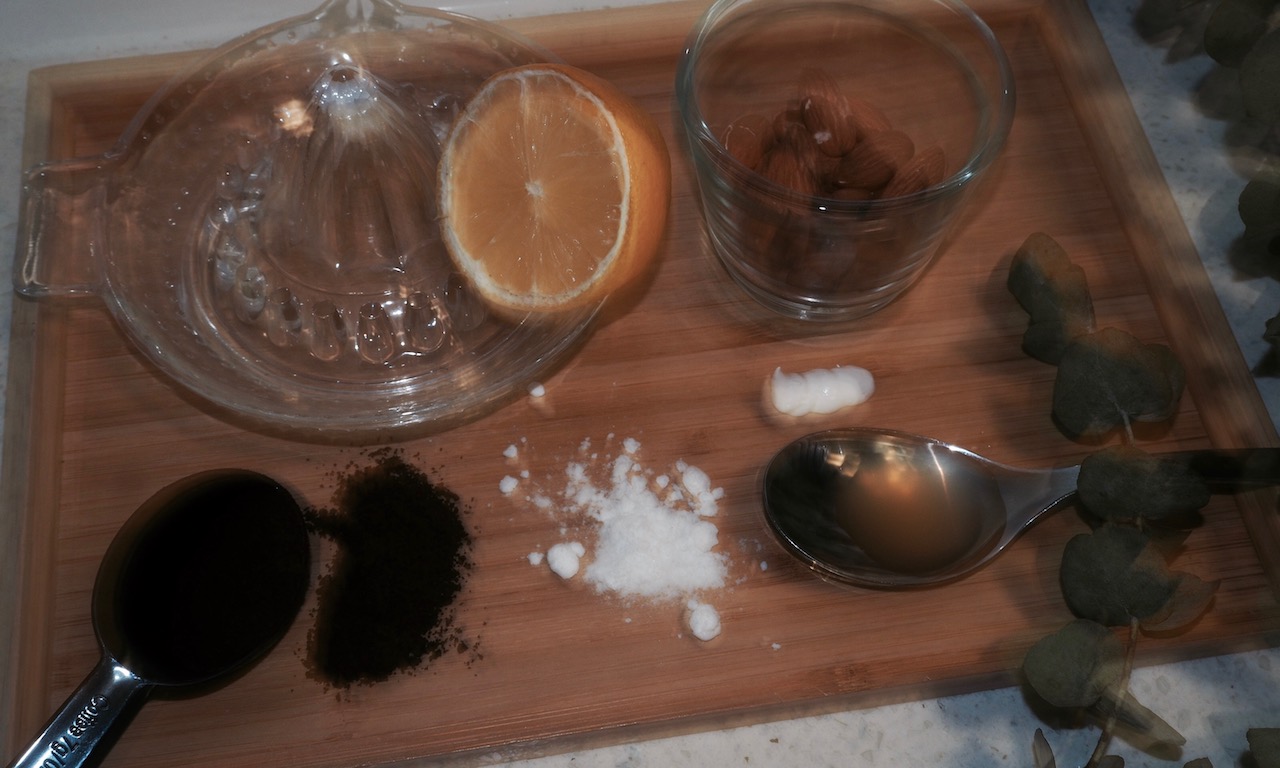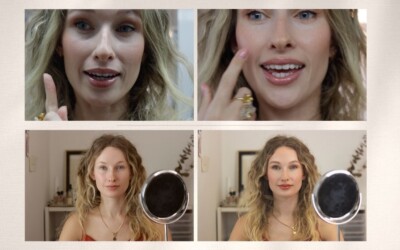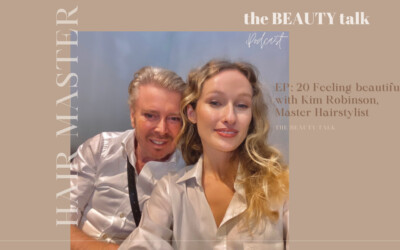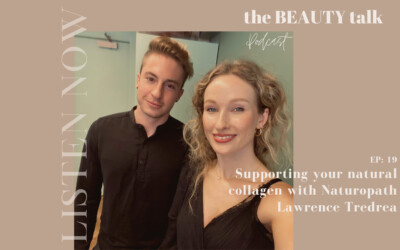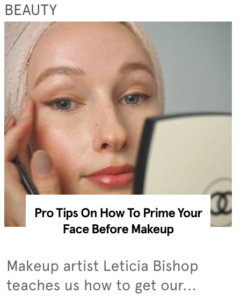You heard me, step away from the kitchen. Let’s walk through, why kitchen skincare and DIY hacks are not cool.
It’s well-intended and fun, but honestly, it can lead to more harm, and more skin issues than you were trying to fix in the first place!
Some DIY ingredients are actually found in skincare, so you think it must be ok to slather that on my face, right? Wrong, for ingredients to be in skincare products, they have to be formulated by chemists and tested. Formulas have to be at proper PH levels for skin safety and have a robust preservative system, so you’re not unintentionally putting mould on your face.
Contact dermatitis is a nasty problem that many dermatologists see people end up with from trying out ‘kitchen skincare’. Often because the ingredients extreme PH on either end of the scale damages the delicate skin barrier.
Lemon Juice for skin brightening
The hero of all Pinterest DIY face masks lemon, to give you bright, radiant skin or chemical burns, take a pick!
The idea is excellent; we know Vitamin C (ascorbic acid) is a fantastic antioxidant for the skin, helping with sunspots, freckles and fine lines.
Unfortunately, putting fresh lemon on your skin is not the same as the Vitamin C used in skincare and won’t work that way. It will make things worse for your skin like inflammation, weakening skin’s barrier and sun-sensitive. The acidic nature of lemon can also burn the skin, leaving you with more discolouration than trying to brighten.
Try it in your tea instead.
DIY Facial Exfoliation
One-off, it’s ok, but part of your routine, there are better ways for exfoliation, trust me!
Good old Pinterest is packed full of DIY body and facial exfoliant recipes straight from your kitchen; how cool! No, I’m less concerned about using it on the body as this skin is much thicker, but please don’t use them for facial exfoliation.
Things like nuts, sugar, salt, coffee grounds are all mentioned in kitchen concoctions as a homemade exfoliation. These ingredients have irregular edges that will cause tiny scratches, even tears in the skin that your eye can’t see.
A much better alternative to DIY exfoliation or even any physical scrub product is acids. Despite the name, they are so much gentler on the skin. Have a read here.
Baking Soda
This is a problem with the PH; your skin is more around 4 – 5.5 and naturally slightly acidic. Baking soda is a PH of around 9 very alkaline. Using baking soda directly on the skin (something my mum used for cleaning) will disrupt your skin barrier and leading to water loss, therefore more dryness, irritated and inflamed skin.
Toothpaste for pimples
This is an old ‘wife’s tale’ that’s been around for yonks to help with pimples. Still, it’s not a great idea, yes it dries out the skin and brings the inflammation down in the short term, but this overtime is unhelpful. Over drying the skin makes it prone to irritation, and acne can heal with pigmentation.
Additionally, Sodium Laurel Sulfate is a highly concentrated ingredient in many kinds of toothpaste. At this concentration, it’s horrible for the skin and is a big trigger for peoples perioral dermatitis.
Apple Cider Vinegar Toner
Like lemon, it has acidic PH, and with continuous use, it can be a problem and not something I can get behind.
Because of its PH, people are using it as a pH-balancing toner hack. Still, plenty of dermatologists are advising against this. Continuously using raw apple cider vinegar directly on the skin will cause inflammation, sun sensitivity and superficial burns.
DIY sunscreen
Buying zinc or titanium dioxide and mixing it with face cream or any other ingredients and make sunscreen? Please NO!
Sunscreen formulation is complex that must be left to professionals that have studied for years. Sunscreen goes through testing to ensure the amount of SPF protection and stability of the formula. Do you have the tools or a lab at home to test your kitchen made sunscreen?
UV filters need to be formulated, so other ingredients don’t compromise the effectiveness. They should be mixed well and formulated to disperse evenly to create a constant and adequate film on the skin, to last well.
It seems I will forever be talking about the importance of sunscreen, but please, this is one area to not mess up! Get a homemade mask wrong, you may get red, irritated skin, don’t do it again, but get sun production wrong you will get skin cancer. It’s not a joke.
As always, say hi on Instagram or join the Facebook group!
